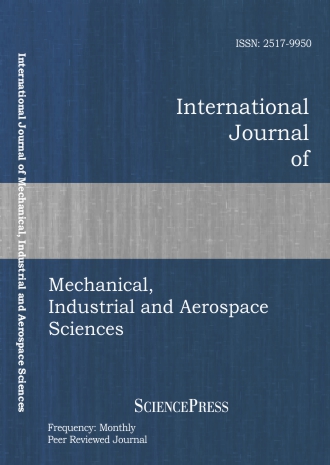
Scholarly
Volume:14, Issue: 2, 2020 Page No: 76 - 79
International Journal of Mechanical, Industrial and Aerospace Sciences
ISSN: 2517-9950
The Conduct of Laundering Money through Transport of Cash in the Middle East and North Africa Region
This article mainly aims to detect and understand how money laundering activities are executed by transport of cash, identifying the underlying factors and separating legitimate from illegitimate usage of cash and how it is being used. This research provides academics with additional literature and provides bank supervisors and practitioners with a better understanding of sources and uses of cash in criminal activities and how cash is used in the laundering mechanism. Data are gathered through survey in the Middle East and North Africa region and review of the available research. The results of the analysis will help distinguish the factors affecting preference for cash rather other payment instruments in the region, identify what causes the tendency to launder illegal proceeds through cash transportation and how illegal cash is being laundered and moved. On the other hand, this paper sheds the light on major cash generating criminal activities, its sources and main destinations.